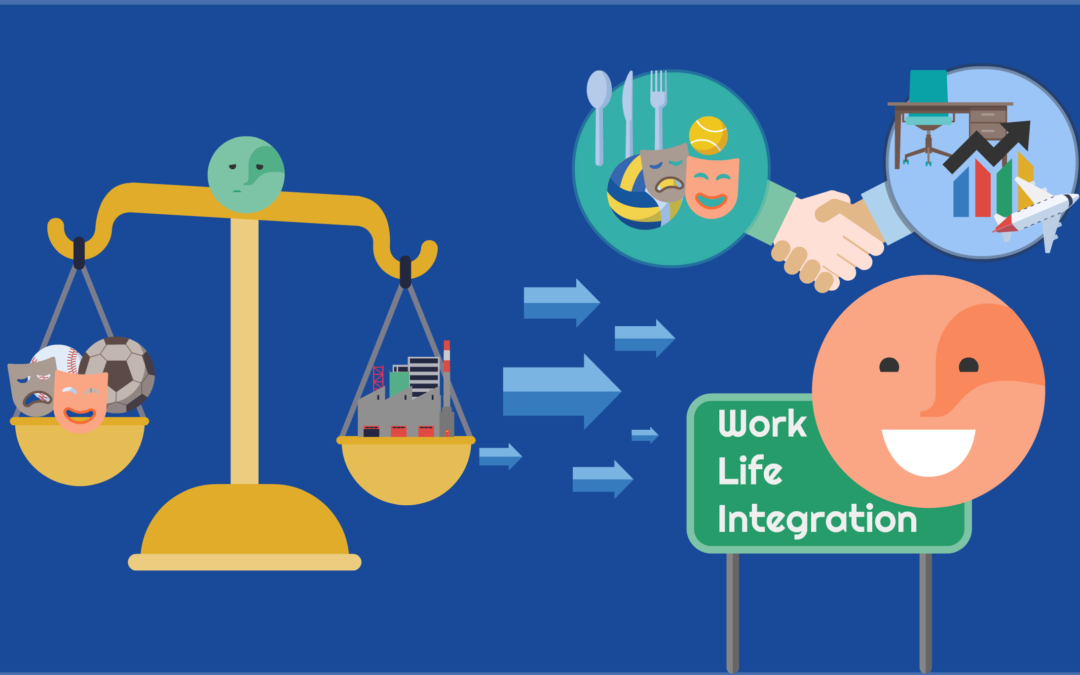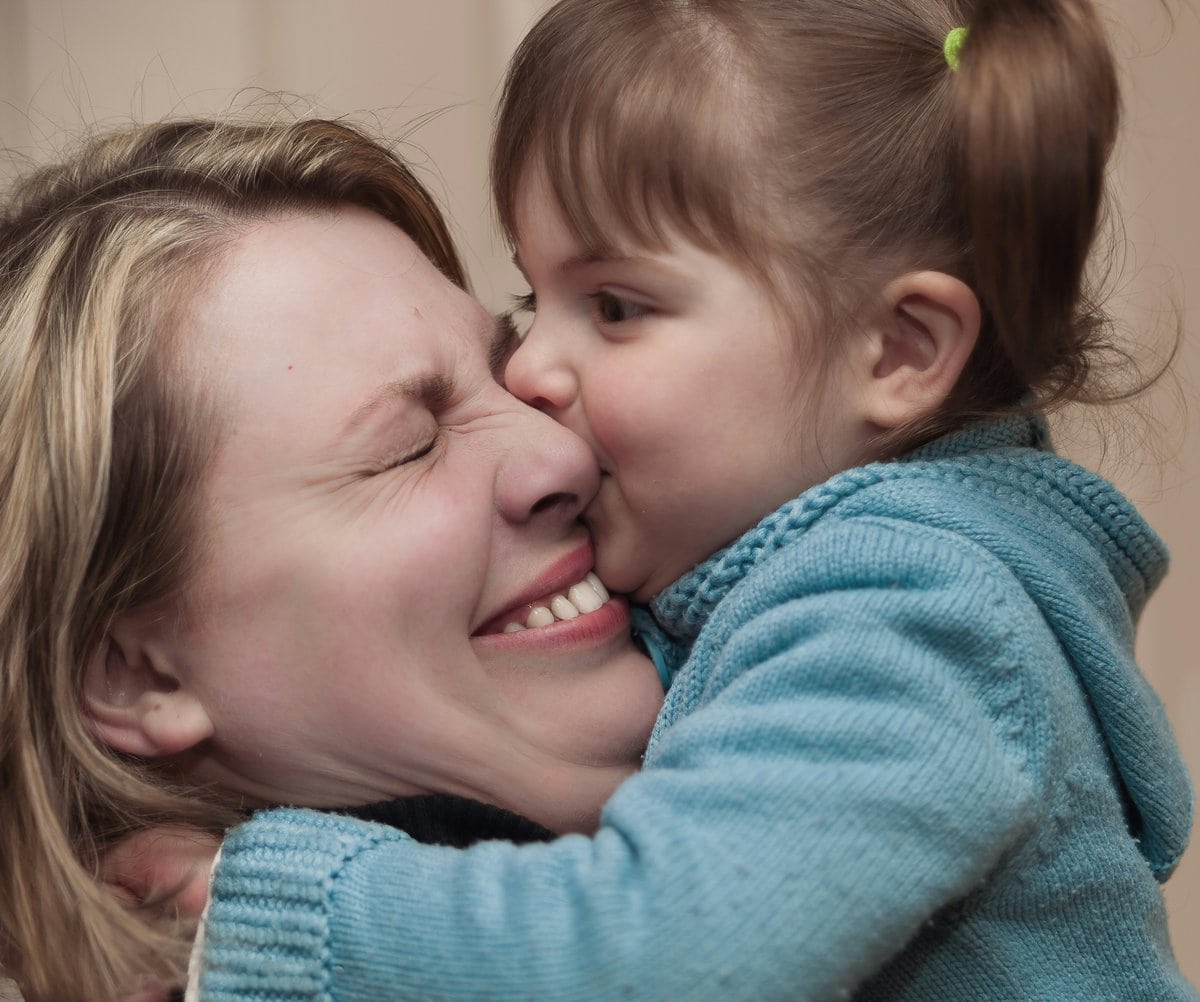
by Christine Marlet | Jul 22, 2024 | All, Gender Equality
Masculinity is not a problem to be solved, as Equimundo seems to think, but a way of being that needs to be channeled in directions that are both good for men themselves and for society. We do need a more expansive vision of what it means to be a man, but replacing the “Man Box” with a different yet highly restrictive and less natural idea of masculinity is not the answer.

by Christine Marlet | Jul 22, 2024 | All, Fatherhood-Motherhood-Children Education, Gender Equality
By denying the gender-based differences in the way children learn, we are pathologizing and incapacitating boys in a way that will cause harm to them and society over the long term. This puts us in a cycle of misdiagnosing and overmedicating little boys. Educational leaders must take steps to reduce penalization for masculine behavior in school so that the gender disparity in education can begin to become rebalanced, and our boys can once again thrive academically, socially, and mentally.

by Christine Marlet | Jul 10, 2024 | All, Fatherhood-Motherhood-Children Education, Gender Equality, Work-Life Balance/Integration
This report is a collaboration between the economics think tank the Centre for Progressive Policy (CPP), the global movement Women in Data@ and the charity and campaigning organisation Pregnant Then Screwed (PTS). It explores the economic and health impacts of extending the statutory entitlement to paternity leave and pay, including through its impacts on gender equality in the labour market.

by Christine Marlet | Jul 9, 2024 | All, Gender Equality, Work-Life Balance/Integration
Let us not forget, moreover, that facilitating a balance between life, work and family enables gender equality because it leads to a culture of co-responsibility, cooperation and equity, as well as fostering true inclusion and diversity. Men and women do not have to put aside their own characteristics to have equality but rather enhance them for their complementarity. This also helps to foster intergenerational wealth, which is good for everyone.

by Christine Marlet | Jun 28, 2024 | All, Fatherhood-Motherhood-Children Education
Are We Tech Addicts?
I was surprised by that. You see, every time I go out, I see parents ignoring their children and focusing on their phones (or their iPad, or their Kindle, or whatever). Settling in at swimming lessons, I noted that nearly every parent engaged had some kind of device to occupy their attention while their kids swam.

by Christine Marlet | May 28, 2024 | All, Fatherhood-Motherhood-Children Education, Women and Men Collaboration at Work, Women in Leadership
Across the world, according to the World Health Organization, about 10% of pregnant women and 13% of women who had just given birth experienced a mental disorder, primarily depression. (In developing countries, those stats rise to 15.6% and 19.8%, respectively). The actual numbers might be much higher because of poor screening by health providers and stigma related to mental health disorders. Today, working mothers give more time and attention to their children than they did in the family-oriented 1960s. Sixty years ago, mothering advice might have come via a well-meaning grandmother or a sister or perhaps via a few books like those by the famous Dr Spock. Today, a new mother eager to do her best will find many parenting approaches, from the Ferberizing “crying it out” sleep training to gentle parenting — and everything in between.









Commentaires récents